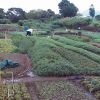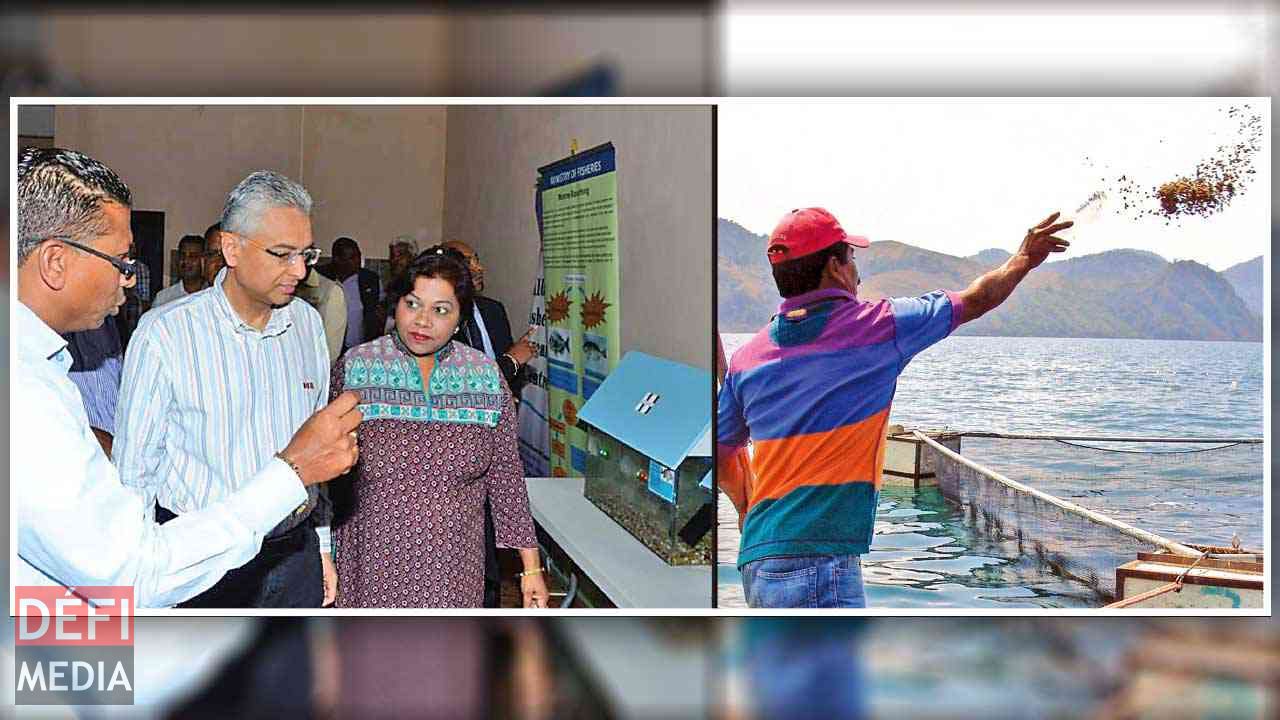
Do you wish to become an entrepreneur but you do not have a huge amount of capital to invest? In this case, fish farming might be of some interest. The National Institute of Cooperative Entrepreneurship in collaboration with Albion Fisheries Research Centre and the Mauritius Oceanography Institute have geared up to create new entrepreneurs in the field of aquaculture.
Publicité
The National Institute of Cooperative Entrepreneurship (NICE), which operates under the aegis of the Ministry of Enterprise and Business, is currently engaged in the training of entrepreneurs on aquaculture techniques. According to Gheeanduth Seechurn, director of NICE, there are two types of fish farming. “First, there is fish farming in the open sea. For those who live far from the coast, we train people for breeding fish and shrimps in fresh water ponds,” he says.
Fish species like ‘Berry Rouge’ as well as shrimp can be bred in fresh water. “All that you need to do is construct a pond in your yard. That can cost around Rs 10,000 depending on size,” he adds. For those who wish to undertake aquaculture activities in the open sea, they should consider breeding species such as ‘Cordonnier’ or even seaweed. These seaweed are used for the production of pickled products, medicines and cosmetics.
The first training session was held in Caroline Bel Air Rivière Seche four months ago and the fourth was held in Moka on Wednesday. It should be noted that the training sessions attracted more than 100 inhabitants in each of those regions so far. Many of them were housewives who wanted to become financially independent. “We explained to those who are interested that they do not need to live close to the sea to undertake aquaculture. Freshwater breeding is also very successful,” says Gheeanduth Seechurn.
Pravind Jugnauth calls for self-sufficiency in fish production
According to the Minister of Finance, Pravind Jugnauth, the country should stop relying on imported fish. Through appropriate training and facilities, he says, Mauritius must become self-sufficient in the fish production. “It is inconceivable to see that despite the fact that we are surrounded by a huge exclusive economic zone in the Indian Ocean, we continue to import fish from the Seychelles and Madagascar. Imagine how much it costs,” the Finance Minister pointed out.
According to Pravind Jugnauth, we must develop the production capacity. “We cannot keep on importing. We must find a way to produce not only for our own consumption, but also as an economic activity,” he added. The Finance Minister believes that this activity will generate revenue and will ensure job creation. He appeals to entrepreneurs to make good use of facilities offered in regards to access to information, training and financing, to become entrepreneurs.
Testimony from participants
 Sarojini Patansingh, 33 years old: “I want to contribute to the family budget”
Sarojini Patansingh, 33 years old: “I want to contribute to the family budget”
Unemployed for more than eight years and mother of three children, Sarojini Patansingh wants to look for an activity that can help her contribute to the family budget. “I worked in a textile factory for many years and after it closed down, I found myself out of a job. Since I have no experience in other areas and not enough academic qualifications, I wish to follow training in aquaculture so that I can start a business and be independent,” she says. Sarojini wants to take advantage of all the facilities that are offered by the government and financial institutions.
 Marie Daniel Le Merle, 58 years old: “Aquaculture asan additional income”
Marie Daniel Le Merle, 58 years old: “Aquaculture asan additional income”
Marie Daniel first heard about aquaculture from her friends. “I did not know what it was. Fish and shrimp farming seems interesting as I already have a big pond that I do not use in my yard at Saint Pierre. It is made of rock and was used for fish farming before I bought the house. Since I already have the main infrastructure required for fish farming, I wish to follow a full-fledged training on this activity,” says Marie Daniel. The latter helps her husband in watchmaking. “By getting involved in fish farming, we can get an additional income,” she points out.
 Prasant Mangta, 51 years old: “I want to restart aquaculture after 25 years”
Prasant Mangta, 51 years old: “I want to restart aquaculture after 25 years”
It is after 25 years that Prasant Mangta, resident of Dubreuil, wants to restart the production of fish in his courtyard. “I was involved in this activity 25 years ago. But it lasted only four months. In fact, after heavy rainfalls, the soil below the pond got drained. And along with the soil, all the fish were lost. It was too costly to start again. At that time, there were no facilities and training on how to do aquaculture. I felt really discouraged and then I decided to abandon this activity,” he narrates. In parallel, he was growing vegetables and was also involved in the fields of sugarcane and tea. “However, with the training being offered, I wish to revive this activity in a more professional way,” he confesses. Prasant wants to specialise in shrimp farming.
 Ferozia Goorah, 64 years old: “From fishing to aqua-farming”
Ferozia Goorah, 64 years old: “From fishing to aqua-farming”
Ferozia has been fishing since the age of ten. “In fact, fishing is my primary occupation. Despite having good results at my CPE exams and at college, I did not want to pursue any other career. I am passionate about fishing and growing vegetables and this is what brings me revenue,” she says. She indicates that today, there is a big demand from hotels and restaurants for fish and other seafood. “Moreover, training is being offered for free and we can also benefit from loans at preferential rates. This is why I wish to diversify my activities,” she says. In addition, Ferozia says that she already has the necessary infrastructure to conduct aquaculture.

Notre service WhatsApp. Vous êtes témoins d`un événement d`actualité ou d`une scène insolite? Envoyez-nous vos photos ou vidéos sur le 5 259 82 00 !













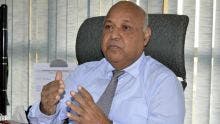
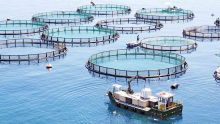
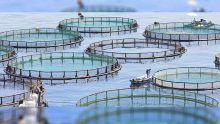




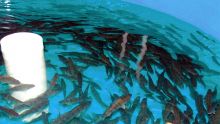



![[Info Soirée] : «Nou ki kone ki nou pe viv»](https://defimedia.info/sites/default/files/styles/square_thumbnail/public/thumbnail_190424_final.jpg?itok=ecxAuRQE)
![[En images] Cérémonie de remise des insignes de l'Ordre de la Pléiade](https://defimedia.info/sites/default/files/styles/square_thumbnail/public/photo-2024-04-19-19-40-54.jpg?itok=XU-kkZR0)

